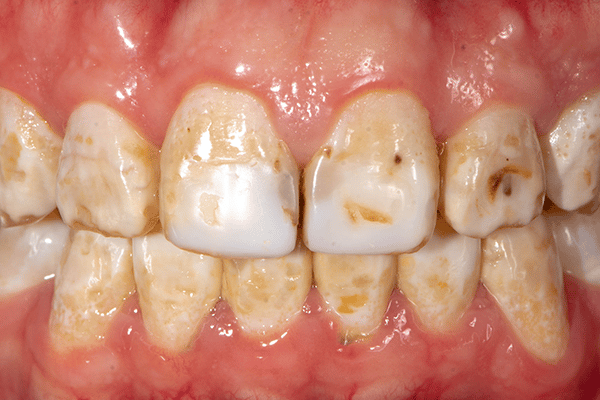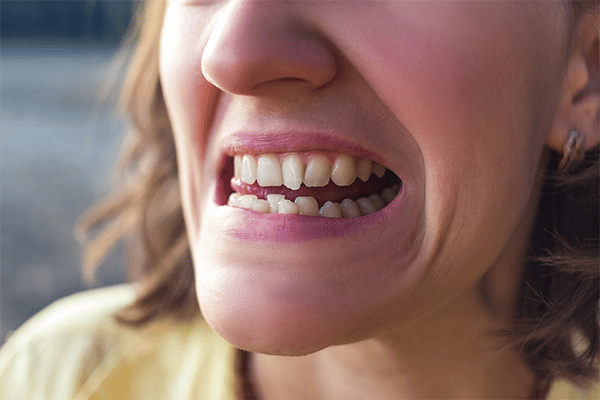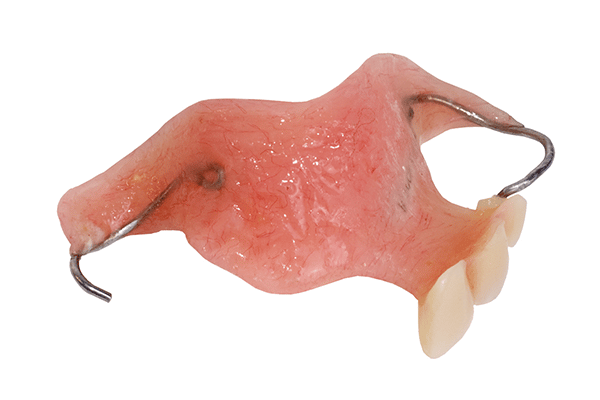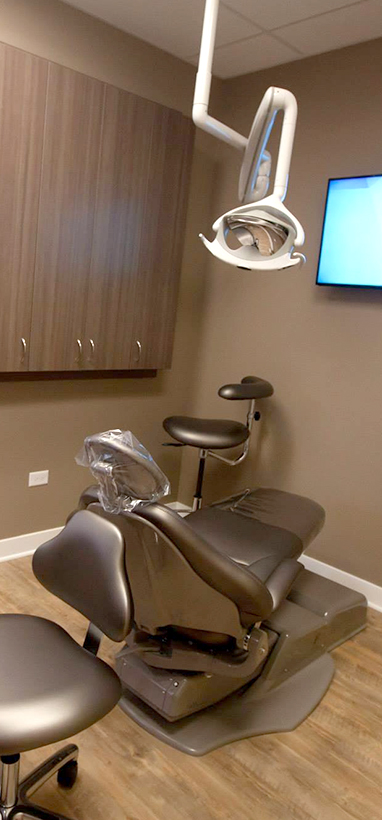1516 Legacy Cir, Naperville, IL 60563
Why Are My Gums Bleeding?
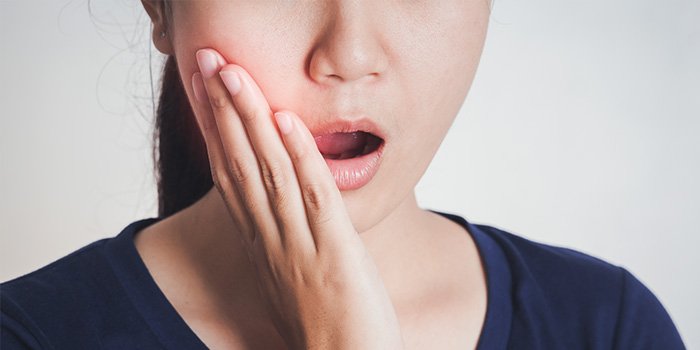
Why Do My Gums Bleed?
Patients typically wonder, “Why are my gums bleeding?” There are many causes and treatments regarding this question so we wanted to explain in detail.
Gums Bleeding For No Reason
Although it may seem like there is not a reason, bleeding gums when brushing are usually the first sign of gum disease. When the gums bleed when flossing, this is another sign of gum disease. Patients who wonder, “Why are my gums bleeding when I brush my teeth?” or “Why do my gums bleed when I floss?” will typically find that they are not using the right tools or techniques.
Flossing daily is suggested by dental professionals, but proper use is important. Using a “c-shape” when flossing will safely aid in the removal of plaque from between the teeth. Patients who floss too aggressively can see bleeding because they are damaging the gum tissue.
The same goes for brushing. Brushing with a soft bristle toothbrush in gentle, circular motions will give the best results. Patients who use a toothbrush with bristles that are too hard or use too much pressure can see bleeding from the trauma. Brushing a flossing is important to do on a daily basis, but proper tools and techniques are even more crucial for best results.
Causes Of Bleeding Gums
Various causes of bleeding gums will vary from person to person. Some common reasons that bleeding occurs are gingivitis, periodontitis, stress, smoking, cancer, heart disease, pregnancy, diabetes, and oral appliances. Gingivitis is the first stage of gum disease. Patients with gingivitis have plaque on their teeth and gums that is full of bacteria. This bacteria causes inflammation and bleeding in the gums.
Similar to gingivitis, patients with periodontitis also have harmful bacteria from calculus, also known as tartar, buildup that causes bleeding in the gums. Periodontitis is the next stage of gum disease, and will usually present with bleeding gums when the disease is in its active phase. Stress can be another cause of bleeding gums for a couple reasons.
First off, stress can suppress the immune system. When the immune system is weakened, the body has a hard time fighting off infections, such as gum disease. Secondly, when someone is under a lot of stress they are less likely to stay on top of their oral hygiene routine at home. This can cause gum disease to develop. Patients who smoke are at a very high risk for gum disease and other health issues. As discussed previously, gum disease is one of the main reasons for bleeding gums. Smoking also lowers the body’s ability to fight infections. In some cases, however, vasoconstriction can occur and the gum tissue will have less blood flow.
Cancer is another cause of bleeding gums. Patients who are undergoing chemotherapy and radiation can experience weakened immune systems and decreased saliva flow. As previously mentioned, weakened immune systems leave the body more susceptible to gum disease. Decreased saliva flow, also known as xerostomia or dry mouth, can also lead to gum disease because saliva helps rinse off plaque and bacteria from the teeth. Patients may also find that heart disease is contributing to their bleeding gums because inflammation throughout the body is increased.
Pregnant patients will sometimes present with a condition called “pregnancy gingivitis.” Hormonal changes can cause the gums to become sensitive and inflamed. Although this condition typically returns to normal after pregnancy, it is important to keep up with oral hygiene habits during this time. Patients with diabetes will typically notice bleeding gums as a result of a compromised immune system.
Lastly, oral appliances can cause bleeding gums. Patients with dentures that do not fit properly can experience sores and bleeding. Braces and other orthodontic appliances create an environment for gum disease to start. There are many other causes that were not discussed, so be sure to ask your dentist or hygienist if there could be another reason why your gums are bleeding.
Bleeding Gums Treatment
Patients wondering how to stop your gums bleeding should consider the various treatment options. Some options include vitamins, toothpaste, toothbrushes, mouthwash, and professional dental cleanings. Some patients with vitamin deficiencies will see bleeding and inflammation in their gum tissue as a result. Vitamins C and K are the most significant when it comes to gum health. Vitamin C helps fight off infections and vitamin K helps with the blood’s ability to clot.
Patients with vitamin deficiencies should consider increasing foods rich with vitamins C such as oranges, carrots, and sweet potatoes. Foods rich in vitamin K include spinach, kale, and collard greens. Another option for vitamin deficiencies could be consulting with a specialist who can recommend supplements that can be taken so they can get the nutrients they need. Another factor to consider is the toothpaste being used. To ensure that nothing harmful is being used, it is best to use a toothpaste that is recommended by a dental professional and approved by the American Dental Association, also known as the ADA.
Some toothpastes are specifically designed for patients who struggle with bleeding gums. The toothbrush being used is also important. Using a soft bristle, electric toothbrush is typically a great option for all patients. Electric toothbrushes have proven to remove more plaque and bacteria than a manual toothbrush. Similar to replacing a manual brush every three to four months, it is important to remember to replace the electric toothbrush head every three to four months as well.
Mouthwashes can also be very beneficial to patients with bleeding gums. Mouth rinses that have the ADA seal of approval and have been recommended by a dental professional can help kill bacteria that causes inflammation in the gums. Lastly, making an appointment for a professional cleaning can help remove the bacteria causing the inflammation. Patients with gum disease that is in the gingivitis stage can benefit from a regular cleaning.
Patients who have gum disease that has progressed into periodontitis will benefit more from scaling a root planning. Both of these types of cleanings can be done by a hygienist at your next appointment. It is important to come in for appointments at the interval recommended by the dental hygienist. If you have noticed bleeding gums when you brush or floss at home, give us a call to make a cleaning appointment!



